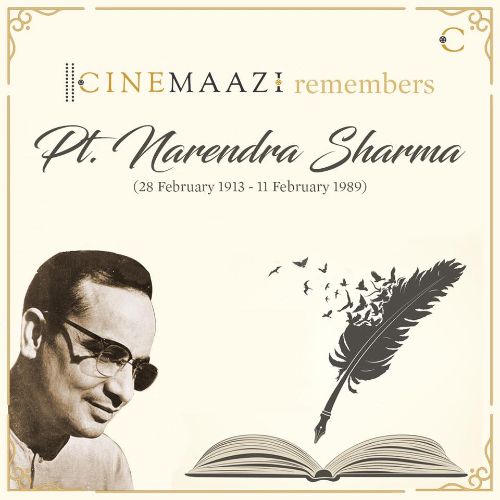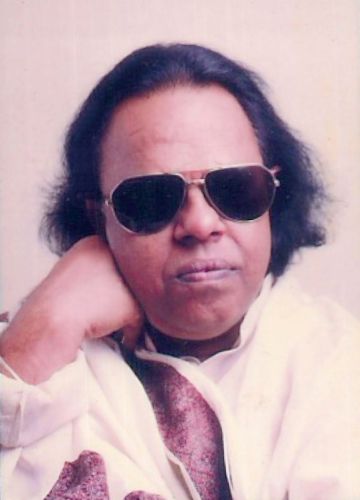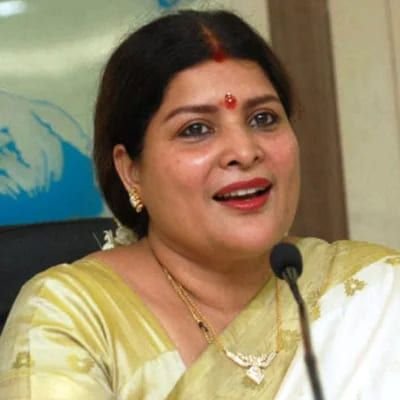Bharathidasan Kanakasabai

Subscribe to read full article
This section is for paid subscribers only. Our subscription is only $37/- for one full year.
You get unlimited access to all paid section and features on the website with this subscription.
Not ready for a full subscription?
You can access this article for $2 , and have it saved to your account for one year.
- Real Name: Subburathinam, Kanagasabai Mudaliar, Kanakasabai Subburathinam
- Born: 29 April, 1891 (Puducherry)
- Died: 21 April, 1964 (Chennai)
- Primary Cinema: Tamil
- Parents: Kanagasabai Mudaliar and Lakshmi Ammal
- Spouse: Pazhani Ammal
- Children: Saraswathi Kannappan, Mannarmannan, Vasantha Dhandapani, and Ramani Sivasubramaniyan
It is often that an art form comes to resonate with the socio-political conflicts and movements of any time, and the same holds true for cinema. The Indian film industry has borrowed exponentially from the social, cultural and political realities of every generation, and in a similar manner, Bharathidasan’s poetry and literary contributions to the Dravidian movement cemented his role in the political discourse of his time, and its prevalence in the Tamil film industry.
Bharathidasan, famously regarded as Puratchi Kavignar (revolutionalry poet), was born as Kanakasabai Subburathinam on April 29, 1891, and was the son of a wealthy businessman in Pondicherry, Tamil Nadu. He received a formal education in Tamil grammar, literature and Vedic theology, along with an upbringing as per the traditional Saiva Siddhantam (Shaivite philosophy). He was an excellent student and a gifted academic scholar who went on to become one of the most prominent names in Tamil literature. As he began writing into a whole new century, Bharathidasan was greatly influenced by the advent of modernity, while beginning to write in the conventional manner of Sanskrit poetry and verse. In the initial years, the poet followed the descendent history of Sangam Literature, the earliest known literary body of Tamil literature. As he came in contact with Mahakavi Subramania Bharati, the pioneer of modern Tamil poetry, Bharathidasan modelled his poetic style in a similar way and heavily imbued the themes of modern life, liberty, freedom and equality in his verse, along with an exploration of religious devotion, nationalist themes and ancient Vedic traditions of poetry.
However, it was through two significant political developments, namely the nascent non-Brahmin movement and the consequent Self-Respect and Dravidian movements that Bharathidasan finally paved his own path in the history of Tamil literature, and through which he came to be associated with one of the biggest names in Tamil cinema. Since the assertion of a Tamil identity became an important theme in the socio-political discourse of the time, the same was reflected through cinema. It was during this time that Bharathidasan became associated with South-Indian film mogul A V Meiyappan and went on to contribute lyrics to some of the most influential popular songs of the time.
In 1950, Bharathidasan’s poem Ethir Paaratha Muththam was adapted to the screen for Modern Theatre’s film called Ponmudi (1950). Prior to this, he had collaborated with T R Sundaram on dialogues for his 1947 film Aayiram Thalai Vaangi Apoorva Chinthamani. In Ponmudi, a contemporary sensuous love story of the 1950s was juxtaposed parallel to the characterisation of an iconic 17th century Saivite Tamil poet, Kumarakurupara Swamigal. Released on the occasion of the Pongal festival in January 1950, the film was described as “an innocent love story in the traditions of the sweet Tamil Nadu”. In the same year, Ore Iravu, a film adapted from the play by C. N. Annadurai used a poem by Bharathidasan called Thunbam Nergaiayil Nee Yalheduththu Nee (When you’re sad won’t you play the Yal), which was carefully placed in a plot where the Dravidian rhetoric of equality and rationality of his earlier scripts was missing. But perhaps in his career, a film that aligned his political affinity in its best cinematic extension was A V Meiyappan’s landmark film Parasakthi (1952), which was the most critically and commercially successful film of that year. The narrative follows the trend seen in AVM’s earlier films of beginning with a song, where the Dravidian ideologue poet Bharathidasan’s song Vazhga Vazhga Vazhgave Valamaar Emathu Dravida Nadu (Long live! Long live! The fertile Dravidian Land), opens Parasakthi.
The famed poet went on to lend his words to many Tamil films of his time and his popularity in the field of literature found support in prominent political personalities like Periyar, who bestowed the title of ‘Puratchi Kavignar’ on him, E V Ramasamy, M Karunanidhi and C N Annadurai, among others. Some of his later works include the song Thamizhukkum Amudhendru Per from the movie Panchavarna Kili (1965), while more recently, movies like Vaazhthugal (2008), starring R Madhavan, borrowed Bharathidasan’s poetry for the song Muzhumai Nila. To this day, his poetic legacy remains unfazed and is adapted to Tamil cinema several times. Furthermore, every year the Tamil state government honours one Tamil poet with the Bharathidasan Award and the Government of Puducherry union territory’s song of Invocation to Mother Tamil, Tamil Thai Valthu, is written by him. He was also awarded with the Sahitya Akademi Award posthumously in 1970, for his play Pisiranthaiyar.
References
- Remembering Bharathidasan: Prolific poet and Dravidian politics’ rhetorical memory – The News Minute. Kalyan Raman N. 2015. Digital.
- Swarnavel Eswaran Pillai. Madras Studios – Narrative, Genre, and Ideology in Tamil Cinema. Sage Publications, New Delhi. 2015. Print.
Image courtesy:
https://www.facebook.com/yes4success1/photos/a.1402979056642036/1896381757301761/?type=3







.jpg)



